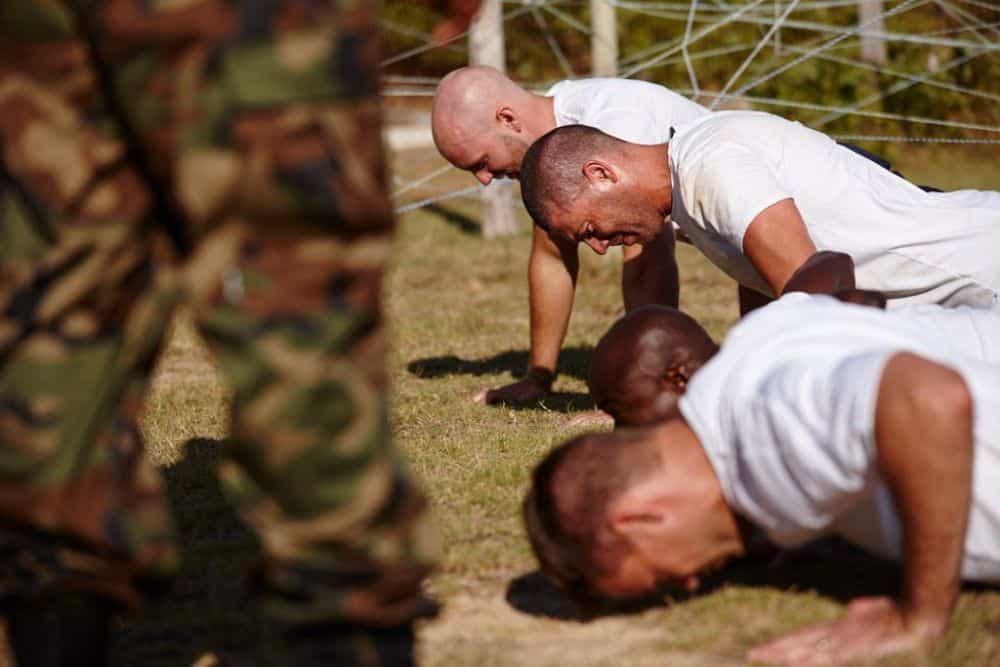Army Secretary Wormuth Advocates for the Continuation of the Army Combat Fitness Test Amidst Congressional Debates
As the United States Army finds itself entangled in a heated debate with Congress over the fate of the Army Combat Fitness Test (ACFT), the Army’s highest civilian leader, Secretary Christine Wormuth, is making a resolute case for its continuation. In an exclusive interview at the annual Association of the United States Army conference in Washington, D.C., Secretary Wormuth expressed her unwavering support for the ACFT. This comes at a pivotal moment, as lawmakers mull over the fate of the fitness test, with potential implications for military funding and policy priorities through the National Defense Authorization Act (NDAA).
Why the ACFT Matters
Secretary Wormuth, in her interview with Military.com, emphasized her belief in the ACFT, stating that it represents a superior evaluation of soldiers’ physical fitness compared to its predecessor, the Army Physical Fitness Test (APFT). The APFT, which primarily measured soldiers’ fitness based on push-ups, sit-ups, and a two-mile run, was considered inadequate in assessing overall fitness.
According to Secretary Wormuth, reverting to the APFT would be problematic and not conducive to the Army’s goal of enhancing the culture of fitness. The ACFT, a more comprehensive and challenging test, has introduced graded events that encompass exercises such as kettlebell lifts and hex bar deadlifts, forcing soldiers to diversify their workouts. This, in turn, is intended to contribute to a more physically prepared and resilient fighting force.
Congressional Proposals
In the ongoing debate, Congress has put forward contrasting proposals that could significantly impact the ACFT’s future. The Senate’s proposal, which suggested a return to the APFT, drew considerable attention and concern from Army leaders. They believe that such a change would not only compromise the accuracy of fitness assessment but also create confusion and frustration among soldiers.
Another pressing issue is the potential impact of any major changes to the fitness test, which could further perpetuate the perception that the Army has struggled to establish a stable testing standard since the ACFT was officially implemented in October of the previous year.
Gender-Neutral Standards
The House of Representatives is advocating for gender-neutral test standards for combat arms soldiers, a move aimed at promoting equal standards for both men and women in these roles. The House Armed Services Committee introduced this proposal as an amendment to the defense bill in June. The original intent of the ACFT was to grade both men and women on the same scale, but this was revised when a significant portion of female soldiers struggled to meet the standards, particularly due to challenges with the leg tuck exercise.
The House’s proposal for gender-neutral standards aligns more closely with the original vision for potential ACFT tweaks, whereas the Senate’s proposition would upend the testing process by reverting to the old APFT. Even in its current form, many believe the ACFT may require minor adjustments, particularly in terms of how it is scored, as current minimum scores are perceived as too lenient.
Final Thoughts
In the midst of congressional deliberations, potential changes to the ACFT have temporarily halted the Army’s efforts to make substantial improvements to the test. Despite the debates and proposals, Sergeant Major of the Army Michael Weimer expressed his support for the ACFT, believing it will continue to be a powerful tool in transforming the culture of fitness within the military.
In conclusion, Secretary Wormuth’s endorsement of the ACFT underscores the Army’s commitment to advancing its fitness standards and creating a more resilient and prepared fighting force, while congressional decisions remain a critical factor in shaping the future of the Army’s fitness testing protocols.





